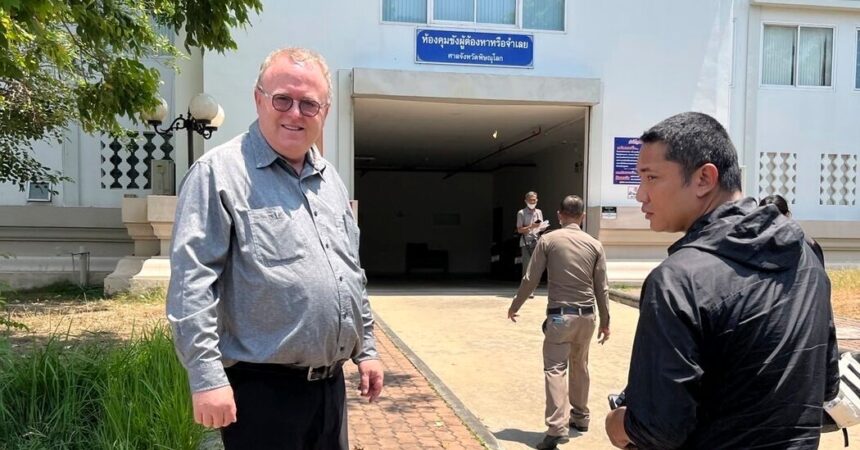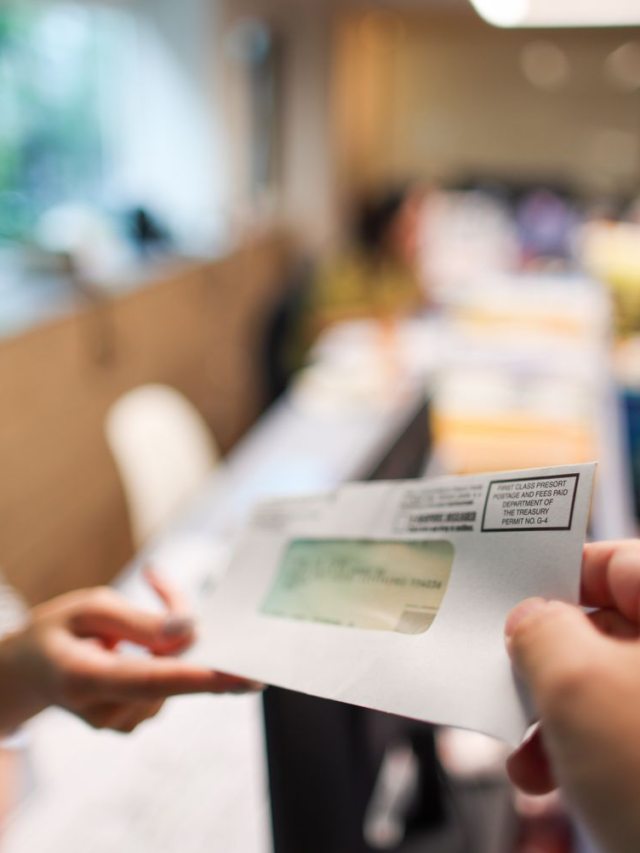Regional prosecutors in Thailand said on Thursday that they would not pursue charges against an American academic who was accused of insulting the Thai monarchy. But the charges under the country’s strict lèse-majesté laws have not been dropped entirely.
The academic, Paul Chambers, a lecturer in political science in northern Thailand, was arrested last month and later released on bail. Prosecutors in northern Thailand said in a news release that a regional police commander would review their decision not to prosecute him. If the commander disagrees, Thailand’s attorney general would typically have the final say on whether to prosecute Dr. Chambers.
Still, lawyers for Dr. Chambers, who have denied the accusations, called the prosecutors’ decision a hopeful sign in the case, a rare detention of a foreigner in Thailand under a law that forbids defaming, insulting or threatening members of the royal family.
“This is a positive step, definitely, in the right direction,” said Akarachai Chaimaneekarakate, an representative for Thai Lawyers for Human Rights, a legal aid group representing Dr. Chambers. “The case against Paul Chambers should not have taken place to begin with. We hope that his livelihood and his career will be given back to him very soon.”
The charges against Dr. Chambers, a scholar of democracy and international politics in Southeast Asia at Naresuan University, stem from a description posted online of a webinar where he was a featured speaker, his lawyers said. The description of the webinar, hosted by a Singaporean research institute, described Thailand’s king as having authority over changes to the military leadership, his lawyers said.
Dr. Chambers’s lawyers said that he had not written the text or published it. He was informed after his arrest that he had been accused of publicizing the invitation, which included insults to the monarch, according to his lawyers.
Dr. Chambers, who has lived in Thailand for more than three decades, was released on bail two days after his arrest. Immigration authorities have revoked his visa, putting him at risk of deportation, a decision that his lawyers said they were appealing.
“He spent more than three decades building a life and career in Thailand, and it was put in jeopardy very quickly,” Mr. Chaimaneekarakate said.
Thai courts are set to rule this year on hundreds of lèse-majesté cases, which are based on laws that forbid defaming, insulting of threatening members of the royal family. The charges carry a minimum sentence of three years and a maximum of 15 years. Human rights groups have criticized the laws for suppressing free speech.
News of Dr. Chambers’s arrest last month prompted alarm from the State Department and generated political attention in Thailand. A Thai parliamentary committee has been investigating the decision by Thai authorities to charge Dr. Chambers.






